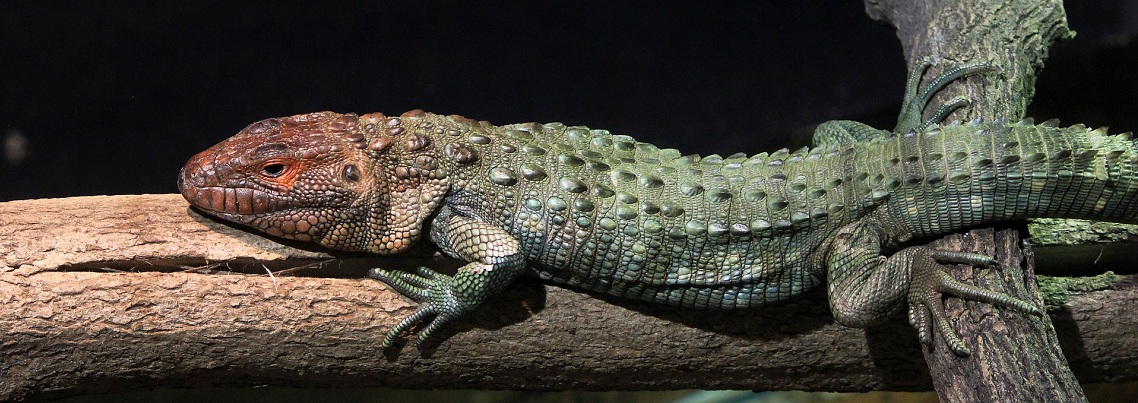What is Zoology?
Zoology is the scientific study of animals, including their classification, physiology, behaviour, and distribution in their natural habitats. It encompasses various aspects of animal biology, ranging from molecular biology and genetics to ecology and evolutionary biology. Zoologists study animal diversity, structure, function, behaviour, and interactions with their environment to understand their place in the ecosystem and their significance in the world.
Why is Zoology important?
- Zoology helps in studying, classifying, and understanding the vast diversity of animal life on Earth, from microscopic organisms to complex multicellular organisms. This understanding is crucial for conservation efforts and maintaining ecosystem balance.
- Zoologists contribute to conservation efforts by identifying endangered species, studying their habitats, and developing strategies for their protection and preservation. This is essential for maintaining biodiversity, preserving ecosystems, and preventing the loss of valuable species.
- Diseases that can be transmitted from animals to humans (called zoonoses) are studied by zoologists. These studies increase our understanding of these diseases. Studying animal anatomy, physiology, and genetics helps in medical research, drug development, and understanding the mechanisms of diseases.
- Zoological research improves our understanding of animal husbandry, disease prevention in livestock, and efficient food production. Zoologists inform agricultural practices by studying animal genetics, physiology, and behaviour. They help in breeding programs to improve livestock productivity, disease resistance, and food production. They also help ensure food security and sustainable agriculture practices to meet the demands of a growing global population.
- Animals play crucial roles in ecosystems, such as pollination, seed dispersal, nutrient cycling, and predator-prey relationships. Zoology helps us understand the intricate relationships between animals and their environments. By studying predator-prey dynamics, competition for resources, and other ecological interactions, zoologists contribute to maintaining the balance of ecosystems and mitigating the impacts of human activities on natural habitats.
- Zoology serves as a foundation for education in biological sciences and provides valuable insights into the principles of evolution, genetics, and ecology. It also drives scientific advancements in various fields, from genetics and biotechnology to ecology and conservation biology.

